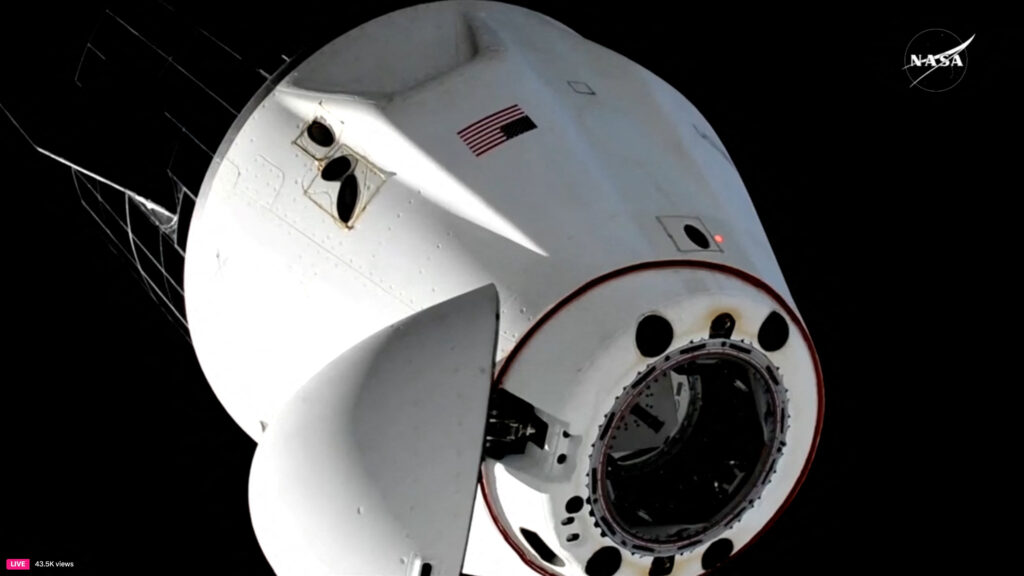A group of astronauts is set to return to Earth aboard a SpaceX capsule after completing their mission aboard the International Space Station (ISS). The highly anticipated return marks another milestone in commercial spaceflight and NASA’s ongoing partnership with SpaceX.

Mission Overview
The returning astronauts, part of NASA’s [Mission Name] crew, have spent the past several months conducting critical scientific research and technology demonstrations in microgravity. Their work contributes to future deep-space exploration missions, including upcoming lunar and Mars missions.
Reentry and Landing Details
The SpaceX Crew Dragon capsule, which has been docked at the ISS, is scheduled to undock and begin its journey back to Earth on [insert date]. The reentry process will see the capsule endure intense heat as it re-enters Earth’s atmosphere before deploying parachutes for a controlled splashdown in the ocean.
NASA and SpaceX teams are closely monitoring weather conditions to ensure a safe landing, with designated splashdown zones in the Atlantic Ocean or Gulf of Mexico.
Significance of the Mission
This mission underscores the growing role of private companies like SpaceX in human spaceflight. The Crew Dragon capsule has been a crucial part of NASA’s Commercial Crew Program, enabling more frequent and cost-effective access to space.
The successful return of this crew will pave the way for future missions, including the upcoming Artemis lunar missions and further research on long-duration space travel.
What’s Next?
Once the capsule is recovered, astronauts will undergo medical evaluations and post-mission debriefings to analyze the effects of prolonged space travel on the human body. Meanwhile, SpaceX and NASA will prepare for the next crew rotation to continue operations aboard the ISS.
Conclusion
The return of astronauts aboard the SpaceX capsule marks yet another successful chapter in modern space exploration. As commercial spaceflight continues to evolve, missions like this bring humanity closer to the goal of deep-space exploration and long-term habitation beyond Earth.